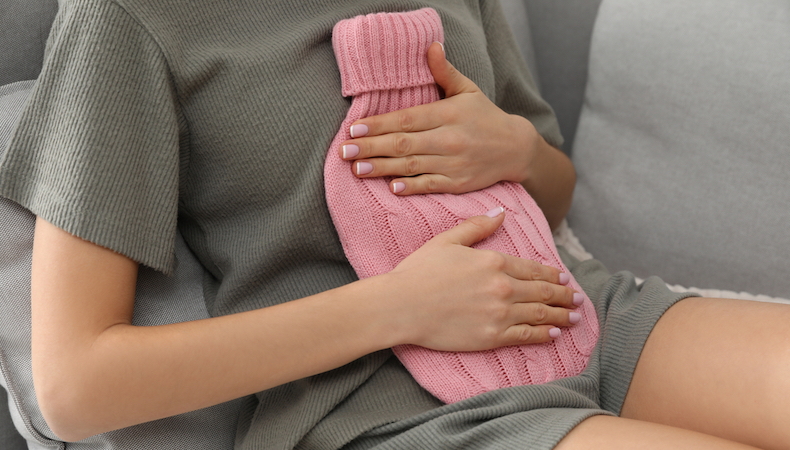How managers can support period health in the workplace
One in eight (13%) women have taken time off work in the last 12 months due to symptoms linked to periods, with one-third (35%) giving a different reason when requesting leave, according to Bupa’s latest Wellbeing Index.
These figures suggest a lack of progress in terms of addressing the stigma around periods.
The research also reveals that 47% of women who have periods experience severe pain most months. However, just one-fifth (19%) of those felt comfortable taking a sick day and openly saying it was due to their period pain.
Two in five (42%) women push through their pain despite experiencing severe period symptoms. However, many commonly report feelings of exhaustion (41%), discomfort with period pain (37%), and making frequent bathroom trips due to heavy bleeding (30%).
Tackling the stigma
Nearly half (45%) of women don’t feel a period is a valid reason to call in sick, with around one-third feeling embarrassed (34%) or concerned that their employer won’t understand (31%).
Many women still find it difficult to have open conversations about their period, even when they have taken time off work due to it.
This stigma could be partly due to a culture of silence in the workplace, as 38% of women reveal that periods aren’t talked about at all where they work. Additionally, one-third (32%) feel they can’t openly discuss their periods at work and a quarter (23%) of women say that the subject is often raised in a negative light.
“Women need companies to foster a workplace culture where they feel comfortable speaking openly and honestly about what they are experiencing,” says Nicola Green, Commercial Director at Bupa Health Clinics.
“If companies are unable to do this, productivity will slip, and they’ll lose the ability to attract and retain key talent.
“Women make up 48% of the UK workforce and it’s essential we support them to thrive.”
How employers can provide support
Women in the UK suffering from severe period symptoms need to take around five days off sick each year, resulting in nearly 17 million sick days.
Close to one-fifth (18%) of those who have periods feel managers need more training. This could help address the lack of awareness and workplace attitudes about related symptoms many women experience during their period.
Women are also keen for employers to implement more concrete period health policies in their workplace, including providing free sanitary products (36%), clearly signposted days off for period health (30%), and access to services such as GP appointments (19%).
Period health in the workplace
Periods can have a significant impact on wellbeing, comfort, and productivity in the workplace. Without understanding from managers or a workplace culture that encourages women to feel comfortable talking about their health, valuable talent is at risk of leaving the workforce.
Bupa’s latest Wellbeing Index examines some of the most persistent stigmas and challenges around symptoms and conditions related to women’s health, including period health.
Supplied by REBA Associate Member, Bupa
Bupa's purpose is helping people live longer, healthier, happier lives and making a better world.








